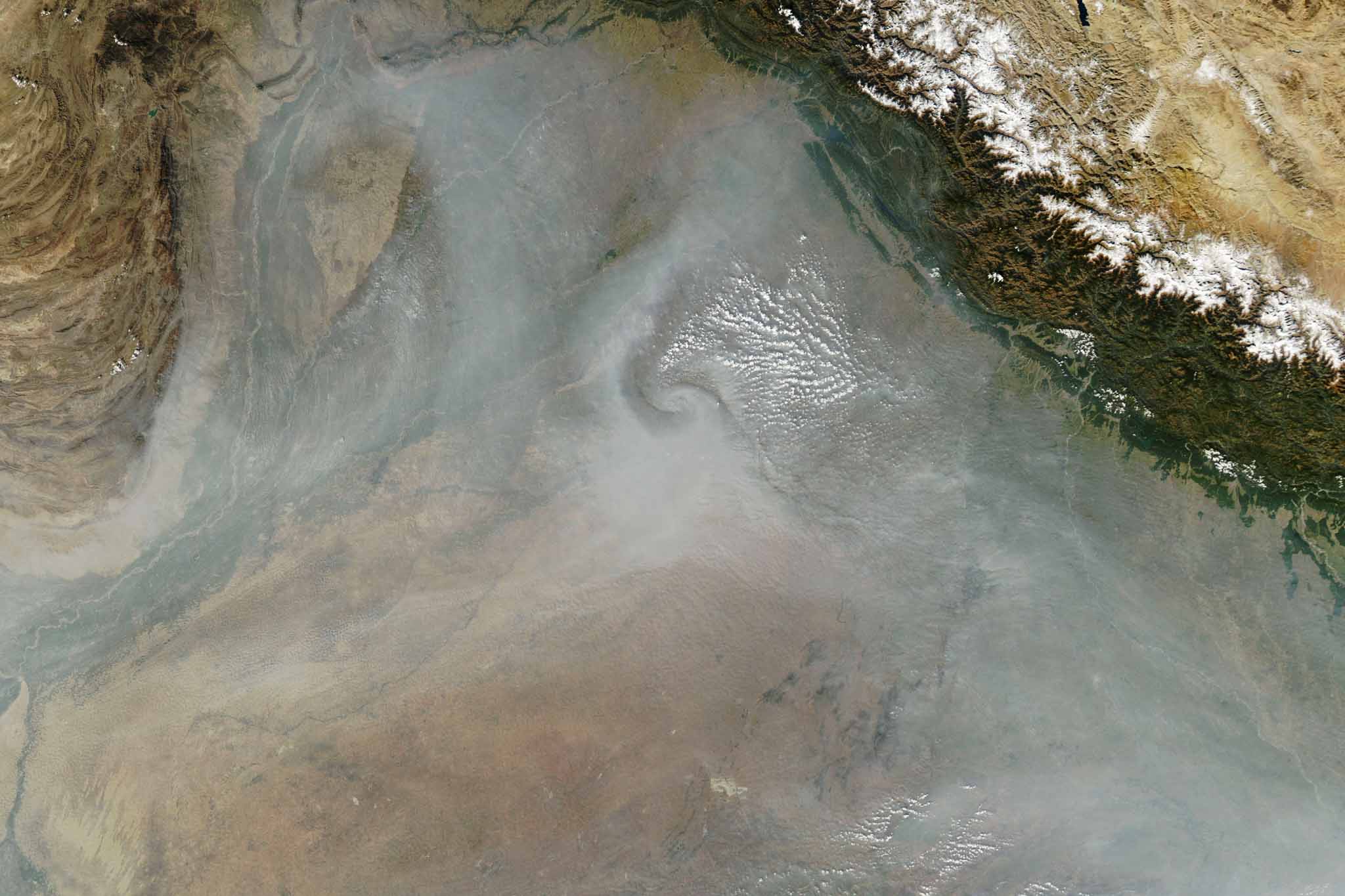The Economics of a Livable Planet
A keynote on redefining prosperity
At the 3rd Hellenic Impact Investing Conference on October 13, Dr. Richard Damania, Chief Economist of the World Bank’s Sustainable Development Practice Group, delivered a keynote on the findings of the World Bank’s latest flagship report, Reboot Development: The Economics of a Livable Planet. The keynote challenged the notion that environmental degradation is an externality of progress. Instead, it framed it as a direct and measurable threat to prosperity.
Progress and paradox
Dr. Damania began with the successes of development: extreme poverty has fallen, life expectancy has increased, and access to water, energy, and education has expanded. Yet, this progress has come with growing environmental stress. More than 90% of the world’s population now lives in areas affected by degraded air, water, or land — and in low-income countries, 80% of people experience all three simultaneously. The poorest are also the most exposed, being 75% more likely to live on degraded land without basic services.

Economies of imbalance
The report illustrates the scale of transformation. Humans and domestic animals now make up 95% of all mammalian biomass, leaving only 5% as wild species. Humanity has already crossed six of nine planetary boundaries, including those governing biodiversity, land use, and nutrient cycles. Environmental pressures now carry clear economic costs: $15 billion in rainfall losses, $379 billion in agricultural damage, and $8 trillion in health impacts from air pollution each year.
Smart development, not constraint
The central message of The Economics of a Livable Planet is pragmatic: safeguarding natural systems is not an environmental luxury, but sound economics. Nature-based measures such as nitrogen management, reforestation, and soil restoration deliver benefits many times greater than their costs — strengthening both resilience and productivity.
Dr. Damania’s keynote called for a new economic lens: one that recognises the economy as part of the biosphere, not apart from it.
For Humanitas, this convergence of evidence and meaning is where communication becomes essential — translating the language of systems into stories that people can see, feel, and act upon. Because the economics of a livable planet ultimately depend on the human capacity to understand what makes it livable.



